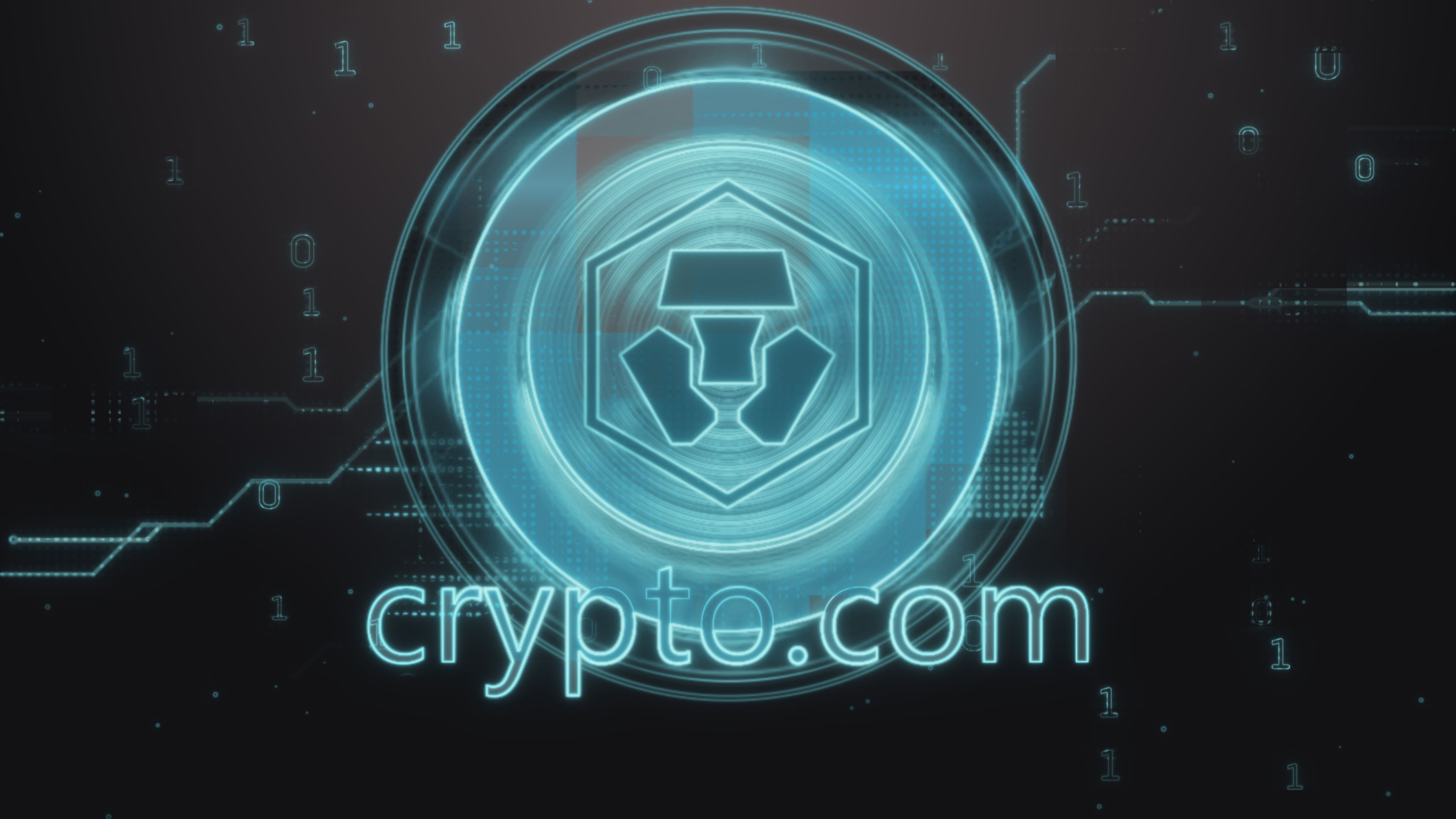Does Your Favorite Crypto Presale Have 5 Independent Audit Reports? – XRP Tundra Sets a New Benchmark

In an industry where many projects still rely on declarations rather than documentation, one ecosystem has chosen to publish every layer of its verification. XRP Tundra has released multiple independent certifications covering audits, liquidity protection, and team KYC, setting a benchmark that few other presales can match.
Security has become the defining issue of the 2025 presale market. As investors navigate hundreds of emerging tokens, only projects with transparent validation have earned serious attention. XRP Tundra’s records are fully public, traceable, and verifiable, providing the kind of evidence that turns claims into compliance.
The Multi-Layer Security Model
The foundation of XRP Tundra’s credibility lies in its verified audit network. SolidProof conducted a comprehensive review and assigned a 95% security score, identifying zero critical or medium-severity issues. The report confirms that ownership rights have been renounced, contract upgrades are disabled, and fee mechanisms are capped to protect user funds.

Cyberscope performed an additional assessment on the Solana-based TUNDRA-S token, verifying a 95% security rating and confirming that mint, freeze, and update authorities were revoked. The independent FreshCoins verification added another layer of confidence, certifying XRP Tundra as a compliant and active project within its monitored audit registry.
The project’s fifth verification point comes from Vital Block KYC, which validated the identities of the development team. This certificate, publicly hosted on GitHub, demonstrates documented accountability that extends beyond technical verification.
Independent analyst Ben Crypto recently reviewed the reports, calling XRP Tundra’s documentation “one of the most comprehensive multi-audit frameworks in current DeFi.” Few presales in 2025 can demonstrate an equally diverse verification stack covering contract code, liquidity behavior, and team validation.
Transparent Math and a Dual-Token Structure
Beyond audits, XRP Tundra’s architecture supports verifiable participation through its dual-token model. TUNDRA-S, built on Solana, functions as the project’s utility and yield token, powering staking within Cryo Vaults. TUNDRA-X, hosted on the XRP Ledger, carries governance and reserve utility.
The ongoing Phase 10 presale lists TUNDRA-S at $0.158 with a 10% bonus, while TUNDRA-X holds a $0.079 reference value distributed free alongside each S-token purchase. Both tokens are scheduled to list at $2.5 and $1.25, respectively, reflecting the project’s transparent valuation and predictable tokenomics. Over $2 million has already been raised, with $32,000 distributed in verifiable Arctic Spinner rewards — all on-chain and auditable through Solana and XRPL explorers.
Each transaction is logged in the presale contract, allowing buyers to trace token issuance in real time. This model offers a practical demonstration of transparency rather than a theoretical one, and it directly addresses market concerns over hidden token minting or allocation shifts.
Liquidity Protection Through DAMM v2 Technology
XRP Tundra has incorporated Meteora’s DAMM v2 — Dynamic Automated Market Maker technology — to secure its liquidity environment. This mechanism introduces adjustable trading fees that begin high during the initial post-launch period and gradually normalize as market activity stabilizes.

High initial fees deter automated bots and large early sell-offs, allowing natural price formation without aggressive volatility. Once stability is achieved, fees reduce to standard levels, preserving long-term liquidity efficiency. This structure has become a model for sustainable token launches, reducing the pressure points that typically destabilize new assets.
“Traditional” liquidity pools rely on static fees and open vulnerability to manipulation. DAMM v2 introduces responsive economics that react to trading behavior, creating a built-in safeguard against early exploitation. The feature aligns with XRP Tundra’s philosophy of mechanical, not manual, control — letting smart contracts maintain equilibrium instead of relying on discretionary management.
Verified Identity and Accountability in DeFi
Transparency extends to the team’s verification. Critics who equate operational anonymity with risk overlook the documented evidence that XRP Tundra has made public. The Vital Block KYC certificate confirms that all major contributors have undergone independent identity verification.
Maintaining selective anonymity can be necessary in blockchain development for security reasons, but verifiable KYC ensures accountability remains intact. This dual approach — privacy with proof — has become an emerging standard in compliant DeFi operations. Every key action taken by the development group is accompanied by timestamped updates and signed audit confirmations, creating a continuous record of operational integrity.
Regulatory alignment further reinforces the project’s legitimacy. Disclosures, audit records, and presale mechanics have been designed to meet professional standards rather than depend on speculative marketing. The question often raised in forums — is XRP Tundra legit — is answered in detail through these documents, each hosted on publicly accessible platforms.
Evidence as the New Benchmark
The presale market has long struggled with credibility gaps caused by limited auditing and opaque team structures. XRP Tundra has responded with a verification-first approach that makes every layer of its operation testable. Five independent certifications cover code, liquidity, and identity. Transparent presale contracts track every allocation on-chain. The public can access audits, KYC records, and community analytics in full.
Security is measurable here, not implied. XRP Tundra demonstrates how transparency and documentation now define leadership in decentralized finance.

Review every audit and verify the records yourself — the evidence defines the benchmark.
Buy Tundra Now: official XRP Tundra website
How To Buy Tundra: step-by-step buying guide
Security and Trust: SolidProof audit
Join The Community: Telegram







